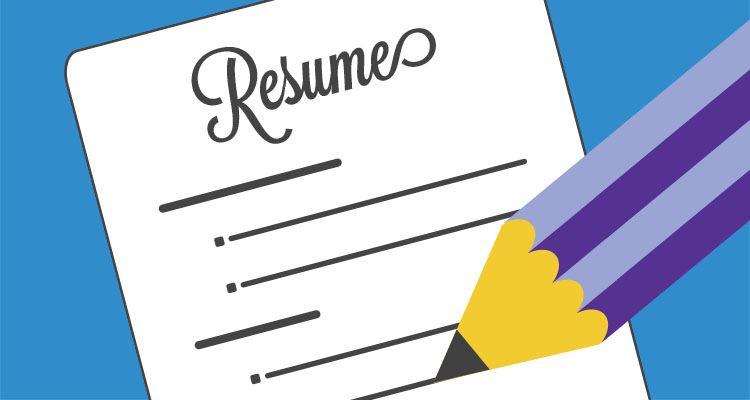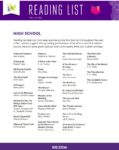Typically, resumes are thought of as necessary for high school or college graduates when they’re ready to enter the workforce. However, as Laurel Barrette, K12′s Director of School Counseling Programs says, it can be quite beneficial for high school students to have one at the ready.
Why Have a Resume?
1. It sets students apart from others. High school students likely won’t need a resume for service-oriented jobs, but if they’re looking for an internship or a more professional job, a resume will impress a potential employer and will make them stand out against other candidates.
2. It shows that they’re responsible. Employers want to know that an employee is going to be dependable. On a high school resume, this can be demonstrated by prior work experience as well as activities and volunteering, which indicate their commitment to responsibilities.
3. It highlights their ambition. One important part of a high school resume is to show the outside activities the student takes part in. Participating in extracurricular activities and volunteering shows employers that a high school student has passion and dedication, which are always desired in an employee. In addition, if a student is on the honor roll it shows that he or she is hard-working.
4. It’s helpful for letters of recommendation. When it’s time for students to ask teachers, counselors, and previous employers for a reference or letter of recommendation, a resume will help remind them of what you’ve done and why you’re qualified of a specific position.
How to Build a High School Resume
A high school student’s resume will look a little different than a professional resume. Here are the key sections to include, in a suggested order they should appear:
1. Objective. It’s smart to tailor your resume to each individual job. For high school students, this will usually mean adjusting the objective. The objective should be worded so that it closely fits the employer’s needs, highlights the qualifications that the student has for the position, and uses key words or phrases that the employer used in the job ad.
2. Experience. If the student has worked in jobs previously, he or she will want to highlight the work they did there to make the point that they’re responsible and able to handle the duties of a job.
3. Skills. High school students will naturally have applicable skills toward a job, such as computer and online research skills, since they have likely used them both in school and personally. Skills learned at other jobs can also be mentioned here, such as customer service, interpersonal communication, and being detail-oriented.
4. Activities. Extracurricular activities and volunteering can set a student apart from others. Even if a student only volunteered for one semester, that’s still a relevant experience to include.
5. Education. Students can just list the high school they attend, but should also include any achievements such as being on the honor roll or taking advanced courses.
It’s also advised to use action verbs—assisted, helped, arranged, managed—to describe the student’s previous experiences. These words help the employer visualize the student as actively involved.
After a student has completed his or her resume, it’s important to have a trusted adult (particularly a teacher or counselor) review it. It’s also essential to carefully proofread—employers will notice typos and take them into consideration.
Despite how work experience can help a student’s resume, many parents struggle with the idea of their child holding down a job and balancing school. Read more about the pros and cons of a teenager working while in school.

















































































































